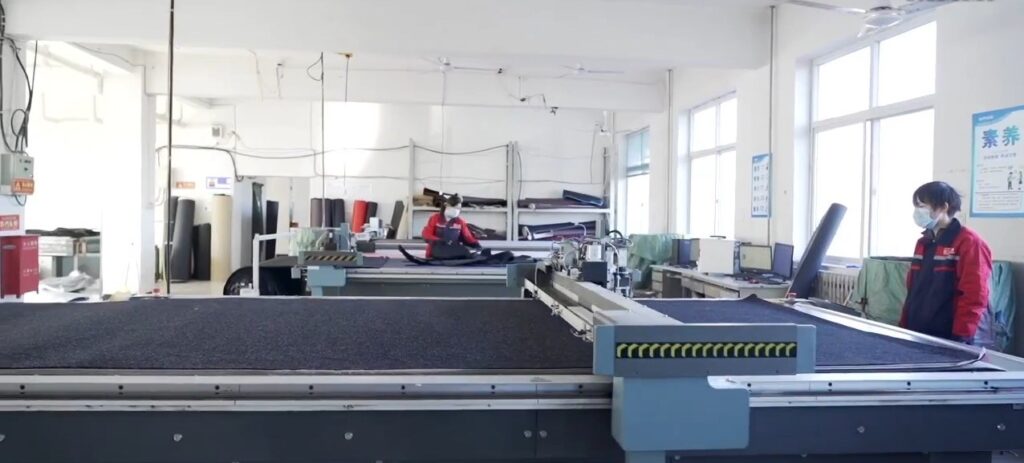In the field of vehicle maintenance and customization, people usually look at car floor mats from the perspective of functionality and aesthetics. However, a growing body of research and public discussion is revealing a more pressing issue: the potential health risks posed by these seemingly harmless accessories. Among them, the question of whether car floor mats cause cancer has become a hotly debated and investigated topic. This article provides an in-depth analysis of the complex relationship between car floor mats and cancer, providing insights based on scientific research, regulatory frameworks and preventive measures.
Car floor mats and health issues
Car floor mats serve the dual purpose of protecting your vehicle’s interior from dirt, wear and moisture while also adding a personal touch. However, beneath their utilitarian surface, these accessories can contain a variety of chemicals and substances, some of which have been linked to health risks including cancer. The discussion around these risks is not just academic but touches on the daily choices of millions of car owners around the world.
Do car floor mats cause cancer?
The debate over car floor mats and cancer
Concerns about car floor mats causing cancer focus on the materials and chemicals used in their manufacture. A variety of synthetic compounds, dyes, and treatments are used to enhance the durability, color, and texture of these mats. Within these materials, certain chemicals have been identified as potential carcinogens, raising alarms about long-term exposure.
Chemicals of concern in car floor mats
Volatile organic compounds (VOCs)
Volatile organic compounds are a group of chemicals that evaporate at room temperature and are found in many automotive products, including floor mats. Long-term exposure to volatile organic compounds has been linked to a variety of health problems, including cancer.
Heavy metals in car floor mats
Some car floor mats contain heavy metals such as lead and cadmium during the manufacturing process. When individuals are exposed to these metals for long periods of time, serious health risks can occur.
Scientific research on car floor mats and cancer risk
There is a growing body of research exploring the link between car floor mats and cancer, focusing on the types and concentrations of harmful substances in these products. While final conclusions remain to be drawn, the precautionary principle suggests the need for caution and further investigation.
Types of car floor mats
Rubber floor mat
potential health risks
Rubber floor mats, especially those made of synthetic rubber, may contain phthalates and other chemical additives that have been linked to health risks, including hormonal disorders and cancer.
carpet floor mats
Chemical handling and risks
Carpet floor mats are often chemically treated to increase stain resistance, some of which may involve compounds known to be harmful to health.
Optional CAR FRIEND wool material, cashmere material, etc., low VOC car floor mats.
Eco-friendly and non-toxic option
As awareness increases, more manufacturers are offering eco-friendly, non-toxic car floor mats made from natural materials or safer chemicals, providing consumers with healthier alternatives.
Regulations and safety standards
Government regulations regarding car floor mats
Regulators in various countries have begun to implement stricter controls on materials and chemicals used in car floor mats, aiming to reduce the risk of exposure to harmful substances.
Non-Toxic Floor Mat Certification
Certifications and labels can help consumers identify car floor mats that meet higher safety and environmental standards, giving health-conscious buyers peace of mind.
Precautions and recommendations
Choose safer car floor mats
Choosing floor mats made from natural materials or certified non-toxic can significantly reduce the risk of chemical exposure.
Proper ventilation and maintenance
Regular cleaning and ensuring adequate ventilation in the car can help reduce the release and accumulation of harmful substances in car floor mats.
Impact on public health
awareness and public concern
The conversation around car floor mats and cancer reflects broader concerns about environmental health and safety, driving demand for safer products and more transparent manufacturing practices.


